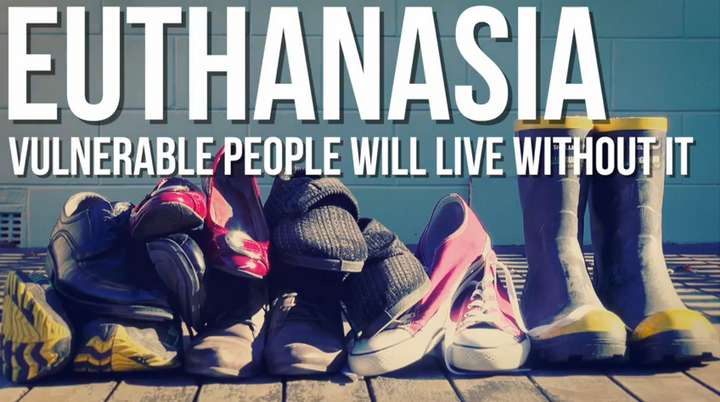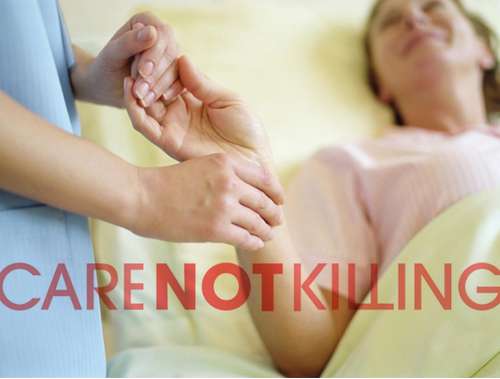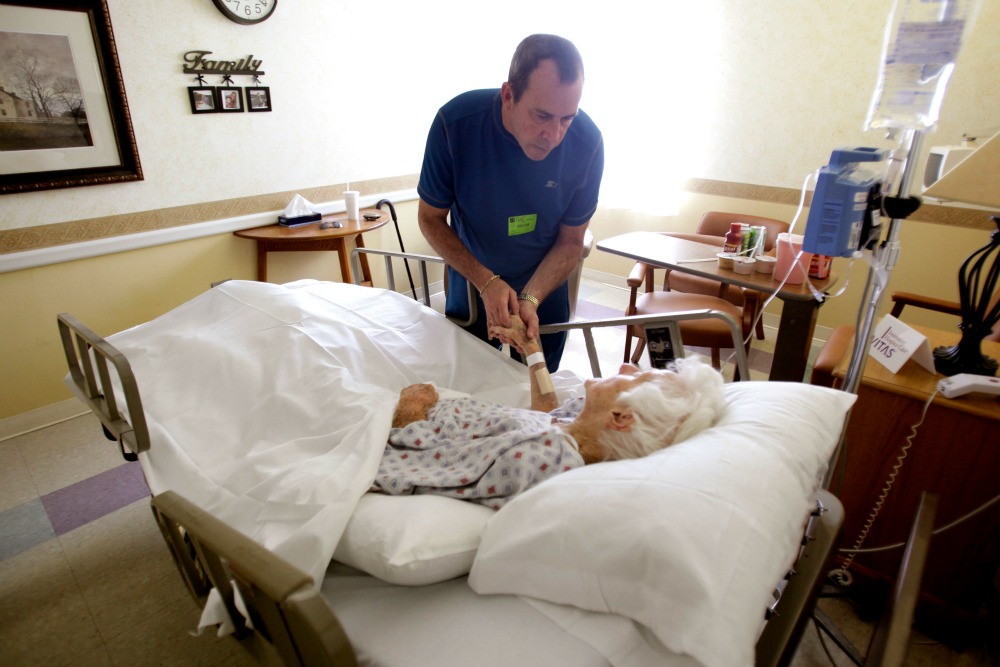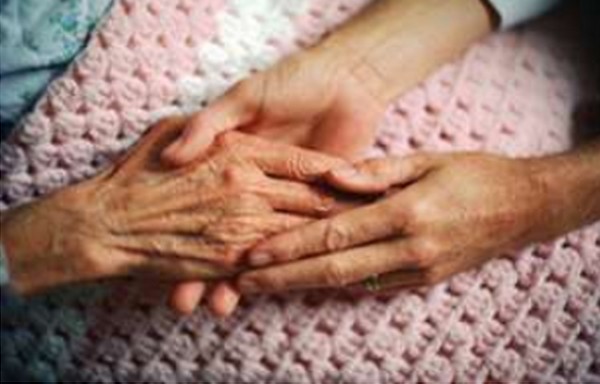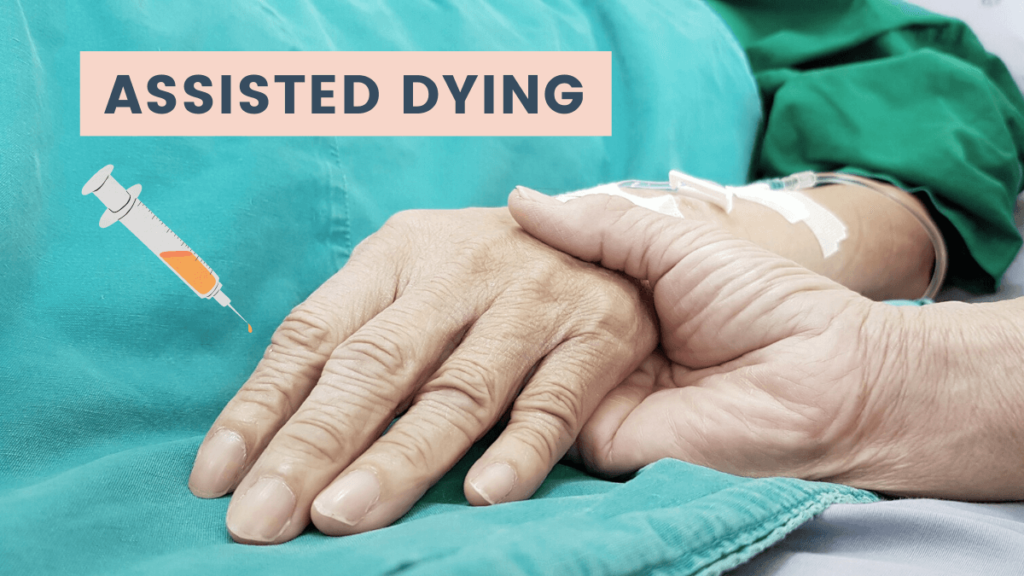
On TVNZ Q&A over the weekend, they featured the euthanasia issue which comes into law in a week. But rather than speaking to both sides of the debate – oh no – they just sought out the one and only one Hospice in the whole of New Zealand that was allowing assisted suicide on their premises. That’s what TVNZ call ‘balance’ 🙁
The head of the Hospice said “We believe that each of our patients is a unique human being, a unique individual, and as such they should be free to make the choices that are fight for them because we deliver patient-centred care where our approach is that the patient is always the driver of their own journey, we don’t conscientiously object.”
https://www.1news.co.nz/2021/10/30/auckland-hospice-prepares-for-assisted-dying/
But what if the patient is not free to choose? What if there is coercion? What if the patient is vulnerable and simply needs reassurance and support?
Here’s the definition of PALLIATIVE CARE which Hospice NZ uses. It is
“active total care… for people whose illness is no longer curable, the goal is around providing quality of life, managing pain and symptoms to enable people to live every moment in whatever way is important to them.”
Killing a patient doesn’t fit that definition.
Learn more about the law here …
